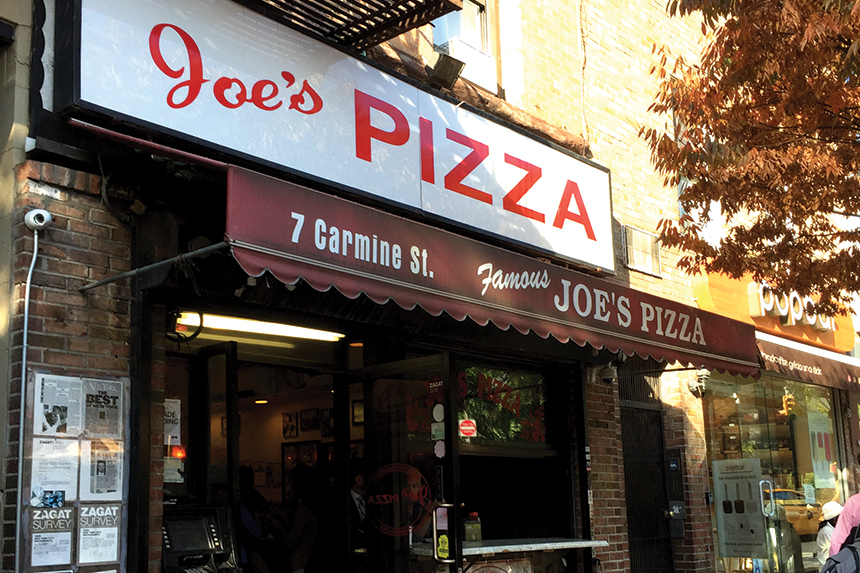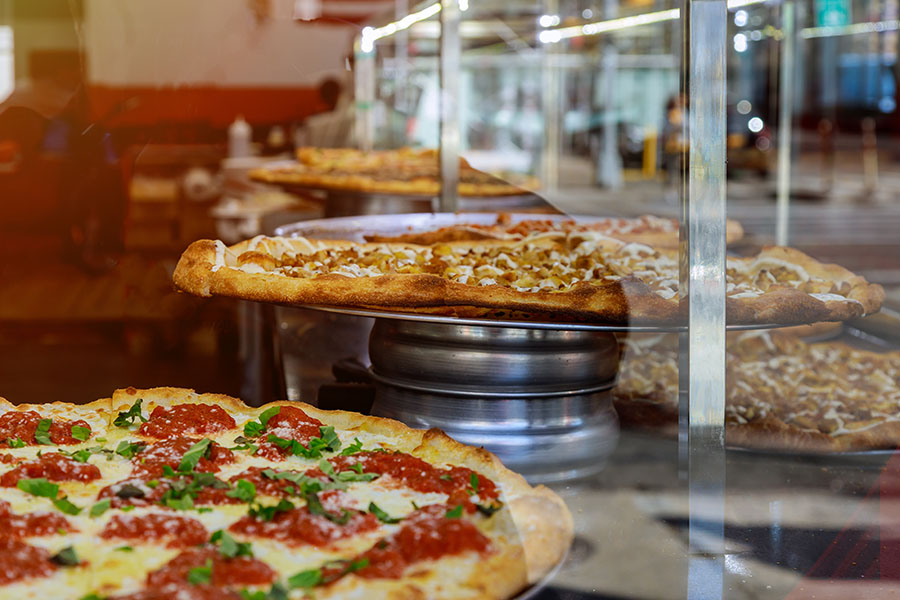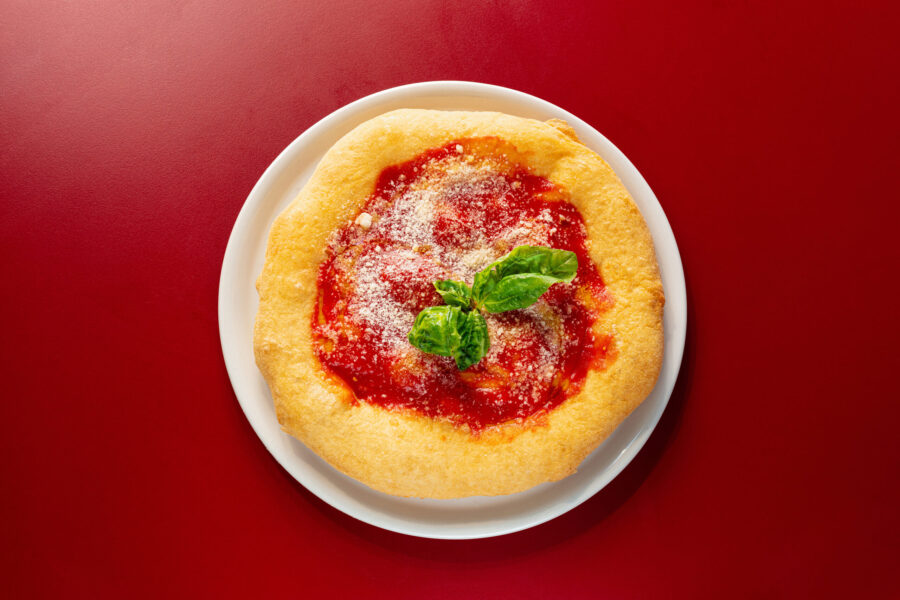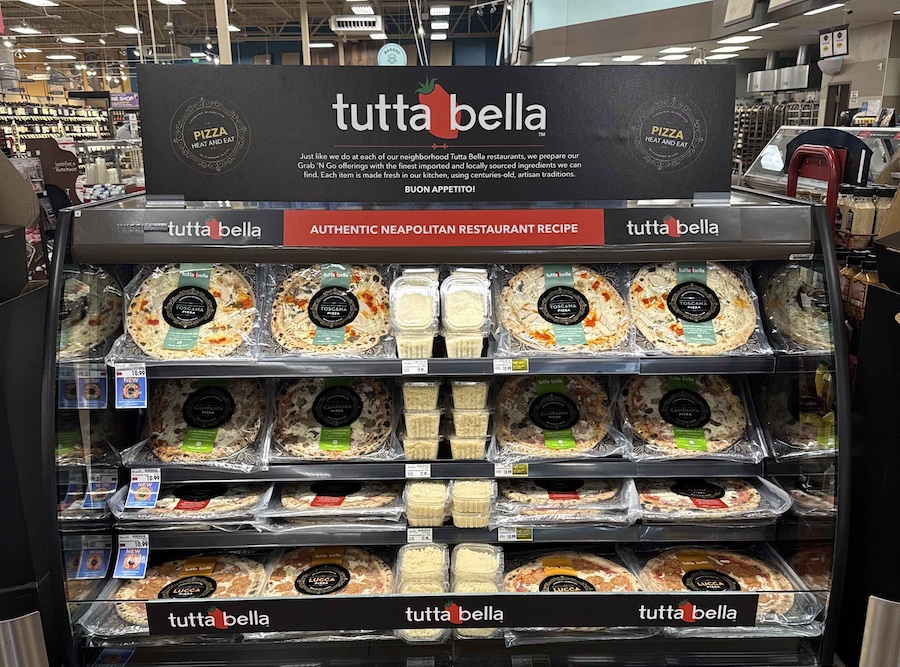
Back in May, one of the most lavish restaurants in the world announced its decision to switch to a plant-based menu. Eleven Madison Park has four stars from the New York Times and three stars from the Michelin guide, which they’ve earned by serving decadent meat, seafood and poultry dishes since opening in 1998. That’s all changing now and it’s a big deal. Other restaurants are going to follow their lead and new businesses will open with plant-based menus thanks to the gigantic splash initiated by the Eleven Madison Park announcement. If you haven’t noticed, it’s already happening in pizza.

Scott Wiener
Founder, Scott’s Pizza Tours and SliceOutHunger.org
Everyone I’ve spoken with who attended this year’s Pizza Expo agrees that the number one trend among exhibitors was the explosion of plant-based products. These companies showed up in force and confirmed that there’s strong demand in the pizza market for dairy-free and meat-free ingredients. The biggest clue that this trend is becoming mainstream is the fact that even companies focused on meat products have started launching brands focused on plant-based alternatives.
Pizzerias like Pizza Head in St. Louis is already meat-free and owner Scott Sandler’s Pizza Expo demonstrations about making cheese substitutes from nuts have become a hit. Sizzle Pie in Portland, Oregon, has built a concept around offering three meat, three vegetarian and three plant-based pizzas by the slice at all times. Even in the “traditional” pizza stronghold of NYC we have two locations of the popular Screamer’s Pizzeria, which stocks no animal products. That means no mozzarella and no pepperoni. None.
Part of me thinks this dietary change is happening because of subtle rebranding. What we now refer to as “plant-based” is essentially what we used to call “vegan.” When we use “plant-based,” we focus on what’s being featured rather than what’s been removed. Veganism is more than just a dietary decision, it’s a philosophy. A vegan lifestyle prohibits animal products in favor of environmentalism, animal welfare, and social responsibility. “Vegan” carries some heavy baggage, which is why I see “plant-based” as being more inclusive. The implication is that you can eat plant-based dishes without adopting the political identity that comes with veganism.
I’m excited about the growth of this segment because it means we’ll be seeing more high-quality products. It used to be the case that the few non-dairy cheeses left much to be desired in terms of melt, elasticity and reheatability, but those issues are finally being addressed. Plant-based meat substitutes have already made a big splash, showing up on menus at both independent and national chains.
Whether or not you adhere to the vegan philosophy, it’s undeniable that plant-based diets are more sustainable, more environmentally friendly and healthier than our current food supply industry. There’s some real momentum in these products and that means it’s likely you already have interested customers.
If you’re interested in dabbling in the plant-based world, look no further than the simplest pizza on the planet, the Pizza Marinara. Just top your dough with crushed tomato, oregano, garlic and olive oil and you have one of the tastiest pizzas imaginable. And it’s already vegan. Or plant-based. Whatever you want to call it, it’s delicious.
SCOTT WIENER is the founder of Scott’s Pizza Tours in New York City and SliceOutHunger.org Instagram: @scottspizzatours







